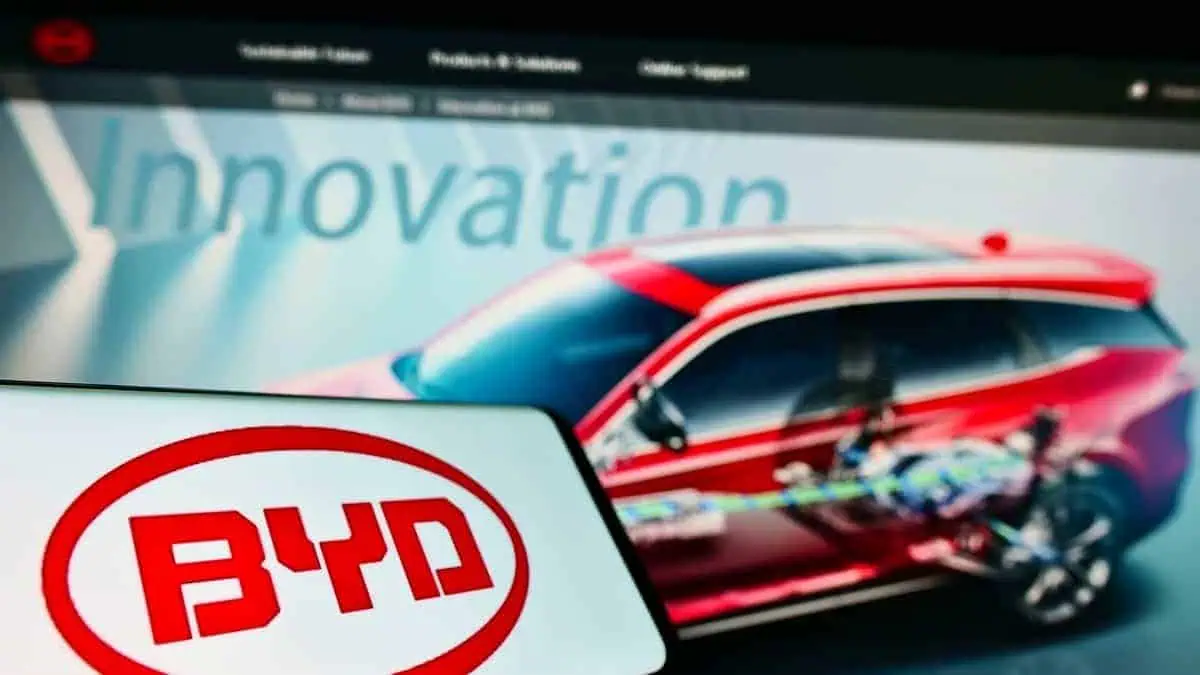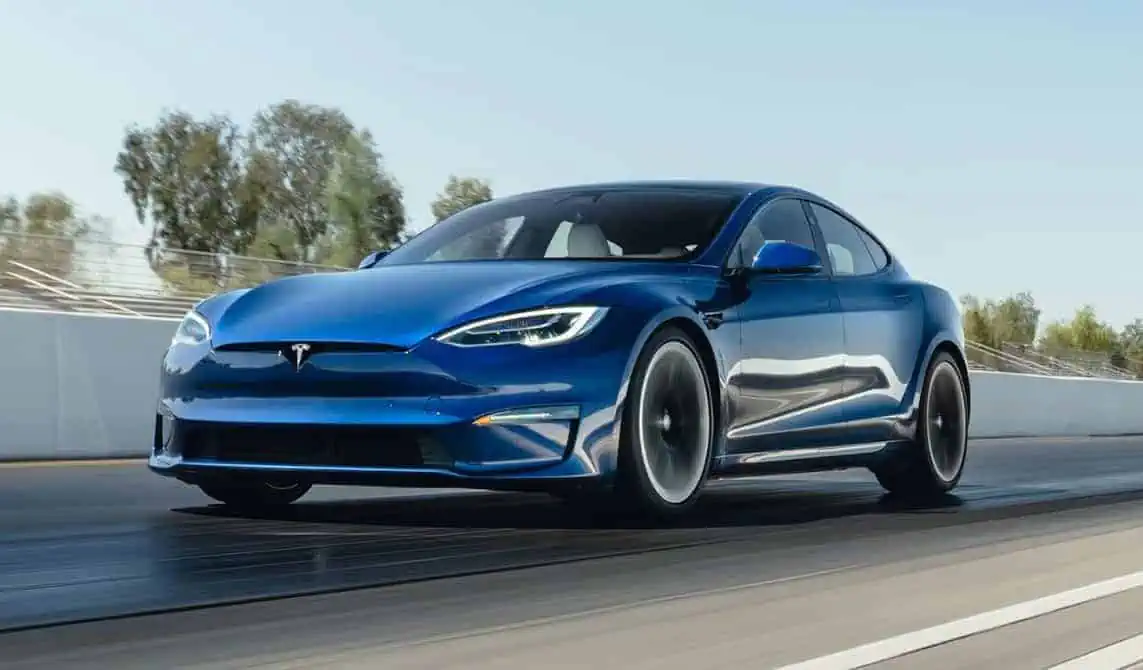After BYD forecasted a massive increase in profit for the third quarter, its market shares reportedly increased on Tuesday. Specifically, the leading Chinese EV maker expects its Q3 net profit to more than quadruple as its sales lead over Tesla increases in China.
CNBC reported that BYD recently announced that its net profit for the three months ending on September 30 is anticipated to range from 5.5 billion to 5.9 billion yuan ($764.5 million to $820 million). It represents an increase of 333.6% to 365.11% compared to 2021.
Meanwhile, Pandaily reported that BYD projects a cumulative net profit of 9.1 billion to 9.5 billion yuan in the first three quarters of 2022. It reflects a growth of 272.48% to 288.85% each year.
It is also worth noting that listed shares of BYD Hong Kong increased 5.6% in afternoon trade.
“In the third quarter of 2022, despite the complex and severe economic situation, the spread of the pandemic, extreme high temperature weather, high commodity prices and other unfavorable factors, the new energy vehicle industry continued to accelerate its upward trend,” BYD said in a statement.
The Warren Buffett-backed company further claims that sales of its new energy vehicles, including electric cars, “continued to reach record highs.” It results in increased market share and “driving significant improvement in earnings and effectively relieving the pressure on earnings brought by the rising prices of upstream raw materials.”
According to Reuters, pure electric and hybrid plug-in vehicle sales from BYD combined grew 250% to 1.2 million units in the first nine months. Notably, it exceeded an increase of 110% for the entire EV industry.
Meanwhile, the escalating cost of critical battery raw materials, such as lithium, has been a problem for several EV manufacturers, including Tesla and BYD. However, BYD, with sales of 1.18 million new energy vehicles, has outsold Tesla with only 900,000 units.
Notably, China features several BYD models among the best-selling new energy cars. Remarkably, the Shenzhen-based company has managed to survive challenges, including a sluggish economy and COVID-19’s return in China.
BYD’s resilience to such circumstances was greatly influenced by its internal production of microchips and batteries, as per analysts at Fitch Ratings.
Though BYD is frequently referred to as the Chinese EV firm that Warren Buffet has invested in, the automaker is undoubtedly a leader in China’s NEV sector. Given the company’s inventives and dynamic nature, it will likely be a compelling player to follow both now and in the future.






